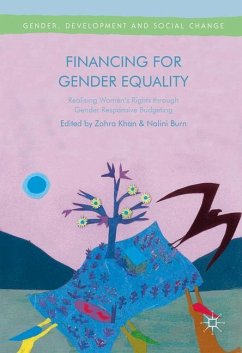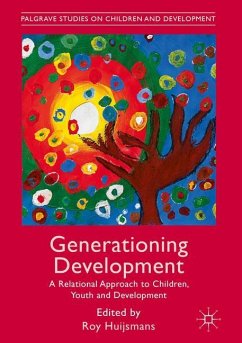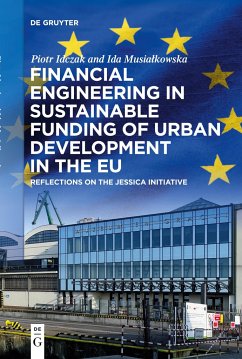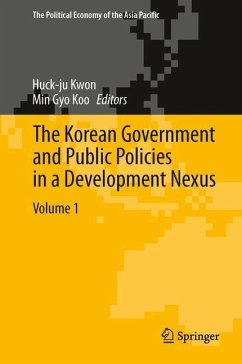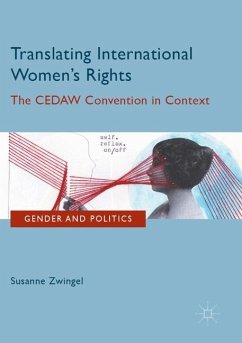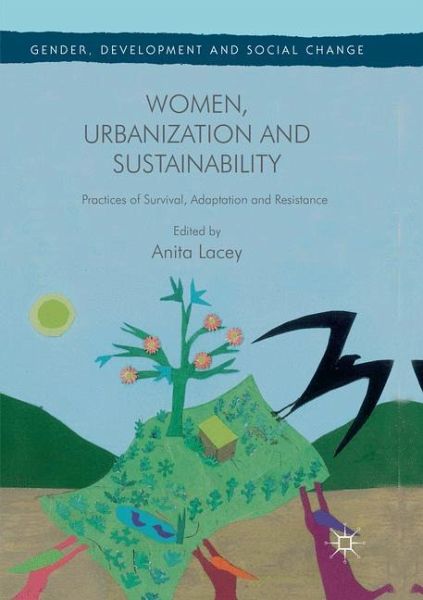
Women, Urbanization and Sustainability
Practices of Survival, Adaptation and Resistance
Herausgegeben: Lacey, Anita
Versandkostenfrei!
Versandfertig in 6-10 Tagen
91,99 €
inkl. MwSt.

PAYBACK Punkte
46 °P sammeln!
This work considers the city as a gendered space and examines women's experiences and engagement in both urbanization and sustainability. Such a focus offers distinctive insights into the question of what it means for a city to be sustainable, asking further how sustainability needs to work with gender and the gendered lives of cities' inhabitants. Vitally, it considers women's lives in cities and their work to forge more sustainable cities through a wide variety of means, including governmental, non-governmental and local grassroots and individual efforts towards sustainable urban life. The v...
This work considers the city as a gendered space and examines women's experiences and engagement in both urbanization and sustainability. Such a focus offers distinctive insights into the question of what it means for a city to be sustainable, asking further how sustainability needs to work with gender and the gendered lives of cities' inhabitants. Vitally, it considers women's lives in cities and their work to forge more sustainable cities through a wide variety of means, including governmental, non-governmental and local grassroots and individual efforts towards sustainable urban life. The volume is transnational, offering case-studies from a wide range of city sites and sustainability efforts. It explores crucial questions such as the gendered nature and women's experiences of current urbanization; the gendered nature of urban sustainability thinking and programmes; and local alternatives and resistances to dominant modes of addressing urbanization challenges.



